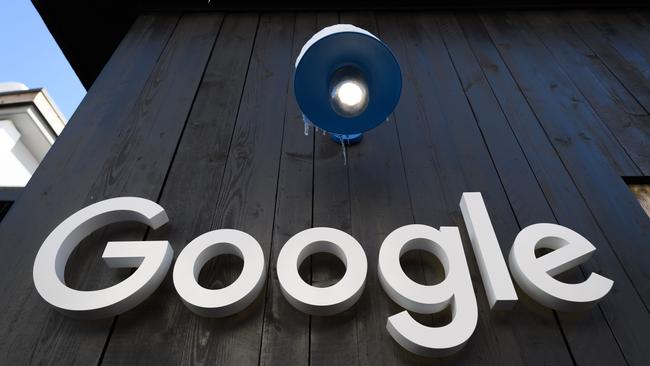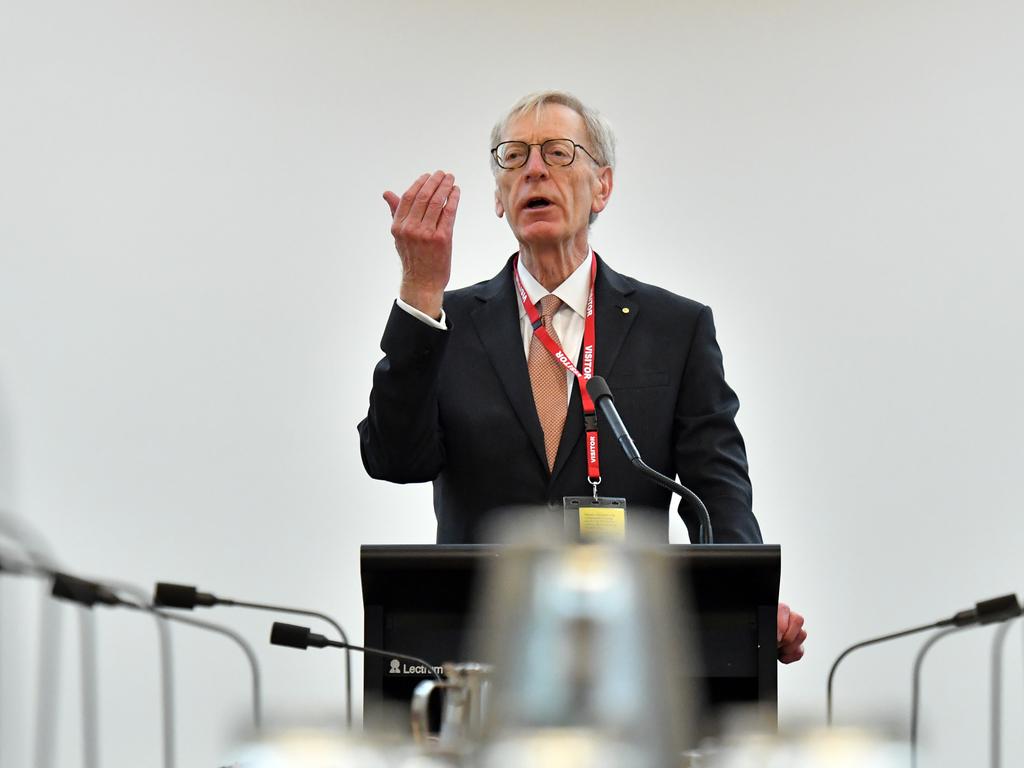Google searches for friends in media battle
Media bargaining code scare campaign moves to small businesses with big tech declaring that the digital tools are ‘at risk’.

Google has expanded its media bargaining code scare campaign to small businesses, declaring that the digital tools they rely on are “at risk” if pending legislation passes in Australia.
The tech giant’s Australian boss, Mel Silva, said in a blog post on Friday that Google Search and YouTube created more than 130 million connections between business and potential customers last year, and contributed up to $35bn in benefits for more than 1.3 million businesses across the country.
She repeated Google’s claim, described as “misinformation” by the ACCC, that news media companies would gain access to Google’s algorithm changes under the code.
“Under the draft code, we’d be forced to give some news businesses privileged access to data and information — including about changes to our search algorithms — enabling them to feature more prominently in search results at the expense of other businesses, website owners and creators,” Ms Silva said.
“For example, a cafe owner might have made their way to the top spot in Search results for a particular query over time, thanks to popularity, search interest and other signals. But if the draft code became law — giving some publishers an advanced look at algorithm changes — they could potentially take advantage of this and make their web content appear more prominently in search results.”
ACCC boss Rod Sims has previously rejected claims from Google that news companies would gain access to its mysterious algorithm, pointing out that those companies would instead need to be notified of any changes likely to materially affect referral traffic to news.
“There is no access to the back-end algorithms. That’s one of the views that’s occurred, but there’s nothing in the code that gives access to the algorithms,” Mr Sims said at an event last week. “There is a notice provision, giving 28 days’ notice for something that is going to have a significant effect, but Google and Facebook could do that for all their users. In fact, that’s probably a good idea. There is no interference by any news media in the front end, back end, and any aspect of the algorithm.
“I did use the term misinformation when some of this stuff came around, and that concern is just not true.”
Ms Silva also reiterated one of Google’s chief criticisms of the code, that its provisions mean costs are “uncapped and unquantifiable”, and “there is no detail on what formula is used to calculate payment”.
“Regulation framed in this way would set a bad precedent. Most businesses support sensible regulation — but not heavy-handed rules that favour one group of companies over all others. Australian entrepreneurs like Mike Cannon-Brooks, Matt Barrie and Daniel Petrie have made the point that a market intervention like this would deter international companies from operating in Australia, risking jobs and investment just as we need to be focusing on the recovery from COVID-19,” she said.
The code would force the tech giants including Google and Facebook to negotiate with news companies and pay them for journalism. They would face fines of up to 10 per cent of their turnover if they failed to co-operate.
The final version of the bargaining code is imminent and is expected to be put to parliament before the end of the year.






To join the conversation, please log in. Don't have an account? Register
Join the conversation, you are commenting as Logout